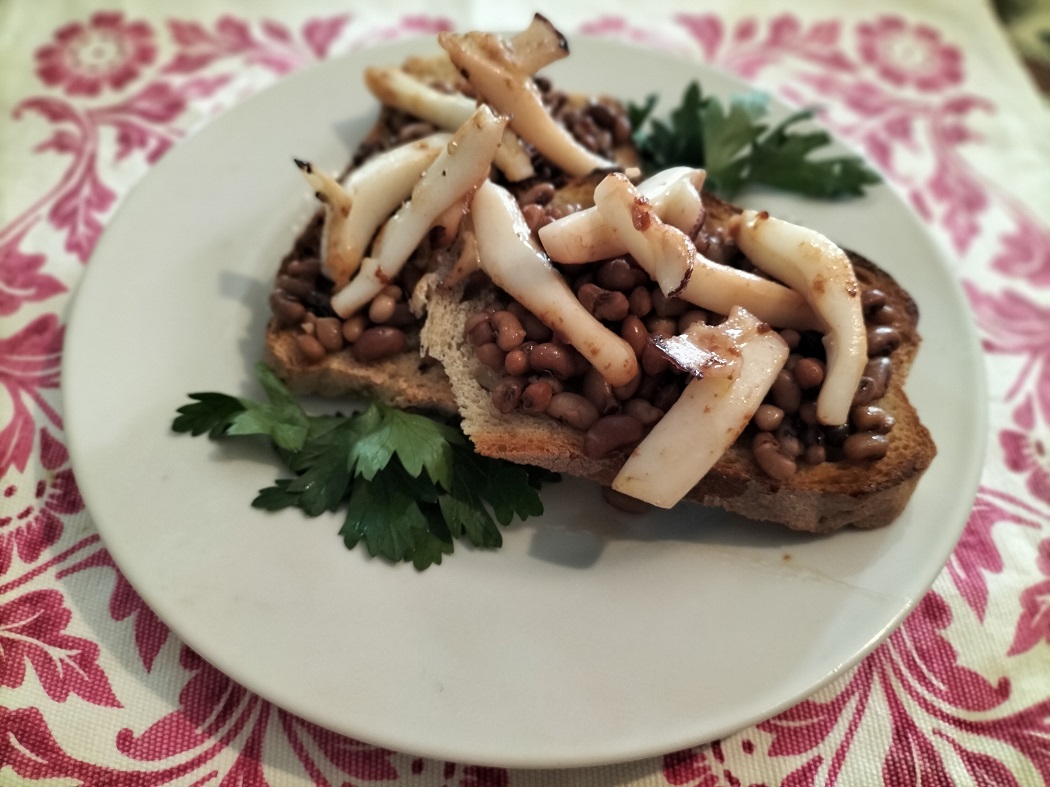The Sicilian dialect and the Italian language originated from medieval Latin.
The Sicilian is the first that expressed itself as an art form. One of the doors of the cathedral of Monreale, the one signed by Bonanno Pisano (1186), is divided into forty-two squares (panels) that reproduce biblical scenes accompanied by writing in the vernacular.
The great poet Dante Alighieri wrote that
"The vulgar Sicilian gained fame before the others for the fact that many indigenous poets wrote in Sicilian and for the fact that the court was based in Sicily". Before Dante, the only poetry was the Sicilian one.
He defined the whole Sicilian poetic production with the name of "Sicilian School" and stated that the first pioneers in the Italian vernacular were precisely the Sicilian poets of this school.
Palermo was the cradle of Sicilian poetry.
Among the most famous poets of the Sicilian language we remember Cielo D'Alcamo, a particularly cultured jester of whom there is little known who wrote the famous poem "Rosa fresco aulentissima", and Giacomo da Lentini, considered by many to be the inventor of the "sonnet" and the founder of Sicilian opera.
The Sicilian language also expanded to Tuscany where a body of Sicilian-Tuscan poets was formed from which the school of the gentle Stil Novo was born. Their language established itself as the language of the Italian people as opposed to Sicilian which was degraded to the role of a simple regional dialect.
But the geographic conformation of Sicily has allowed the Sicilian language not to undergo border influences. The result is the uniqueness of the Sicilian language.
Today Sicilian is spoken by about 5 million people in Sicily, as well as by an unspecified number of people who emigrated or descended from emigrants, in particular those who moved over the past centuries to the USA (where Siculish was even formed), in Canada, Australia, Argentina, Belgium, Germany and southern France.
Sicilian is also very widespread as a familiar language and as a language of dialogue between friends and… in poems.
The Sicilian dialect is back in vogue continuously thanks to authors such as Pirandello, Verga, the dialectal poet Ignazio Buttitta up to Andrea Camilleri.
Student: Professù …a mia mi piaci parlari in Sicilianu e no in Italianu cà è na lingua motta” (professor, at home I like to speak in Sicilian and not in Italian which is a dead language).
Professor: “Ti boccio!!!...Comu si rici in Sicilianu?..” (ti boccio… how do you say it in Sicilian?)
To have some fun and perhaps to complicate my life a little, I want to describe this recipe in Sicilian and I guarantee you that it was not easy.
The tenerumi soup is a typical Sicilian recipe that can only be tasted in summer as this variety of narrow and long zucchini with a very light green colour, produces the leaves called tenerumi only during this season. I grew up with it in Sciacca.
The soup that is prepared is really good!
To this soup of long zucchini and tenerumi leaves is added fresh tomato sautéed with garlic called "tomato a pik pak".
The pasta shape that accompanies this soup is strictly broken spaghetti (short macaroni)!
Ricetta della MINISTRUNI DI TINNIRUMI (Sicilian)
Pigghiati un chilu di tinnirumi, lavatili a duviri e facitili vugghiri dintra ‘na pignata cu l’acqua salata.
A mezza cuttura sculatili e tagghiatili a pizzudda pizzudda.
Dintra un tianu squagghiati cu l’ogghiu d’oliva squagghiati filetti di acciuca salata, mittitici du spigghetti d’agghia sminuzzata, pummarori pilati, Sali e pipi.
O puntu giustu, pigghiati li tinnirumi sminuzzati e jittatili dintralu tianujuncennu n’autru mezzu litru d’acqua o di brodu.
Faciti cociriancora pii cinqu minuti.
A parti priparativi l’attuppateddu o lu spaghettu sminuzzatue, quannu la pasta è quasi cotta, miscatila cu li tinnirumi facennu stari l’ultimu vugghiuni.
Scinniti e mpiattati..
Bonu appititu!
SOUP OF "TENDER BITS" (English)
The “tender bits” are leaves and shoots of the white, thin and very tender courgette (zucchini) grown in the Province of Palermo.
Buy 1 kilo of them, that you will wash and boil in salted water. When half done, drain and cut them coarsely.
Cook 6 fillets of salted anchovy in a pan with olive-oil, then put in 2 sliced cloves of garlic, ½ kilo of peeled tomatoes, salt and pepper.
Leave to cook for some minutes, then add the “tender parts”. Thin with 1 litre and a half of water or broth and let cook 5 minutes more. Finally enrich the soup with 350 grams of short macaroni previously boiled and let the lot boil once more before serving.








Follow us